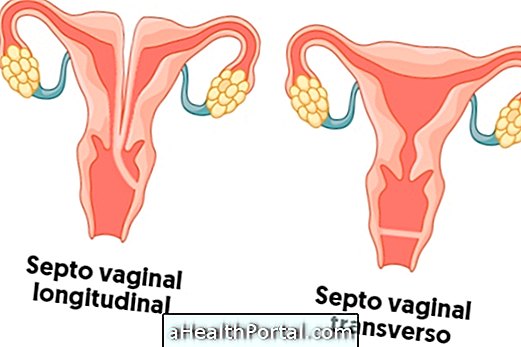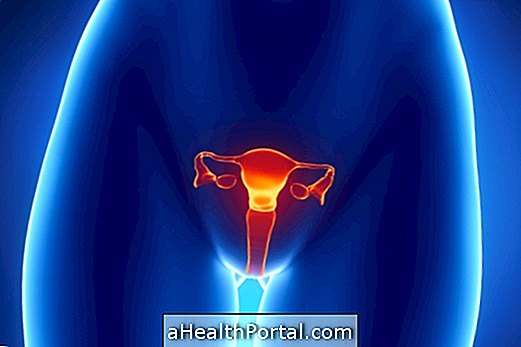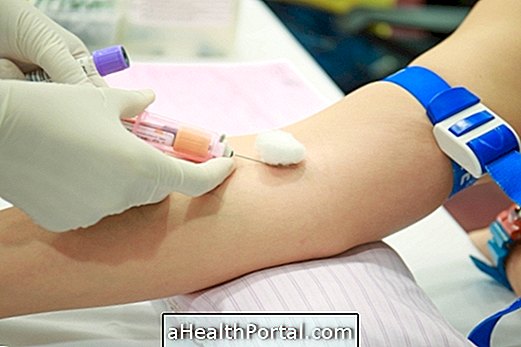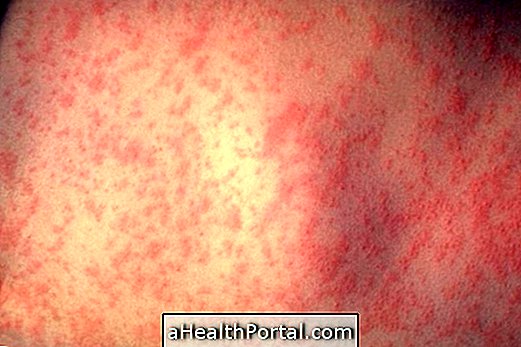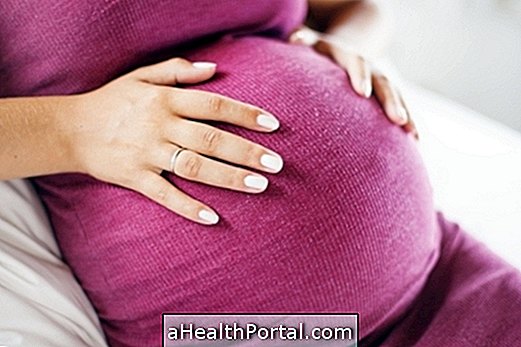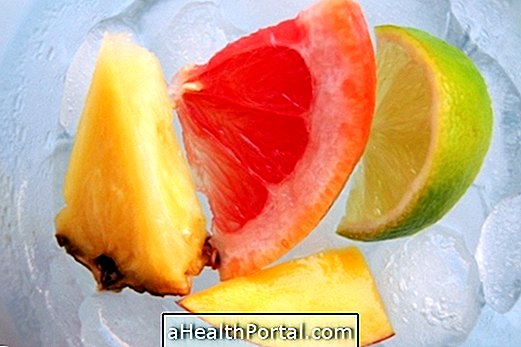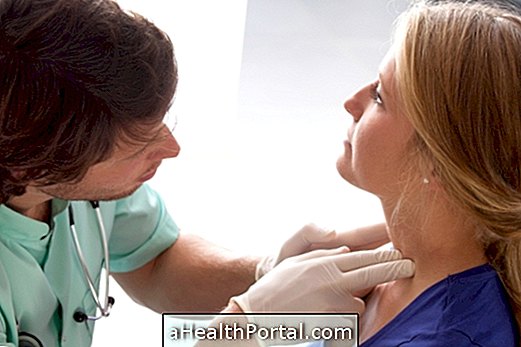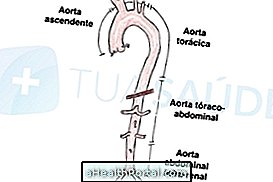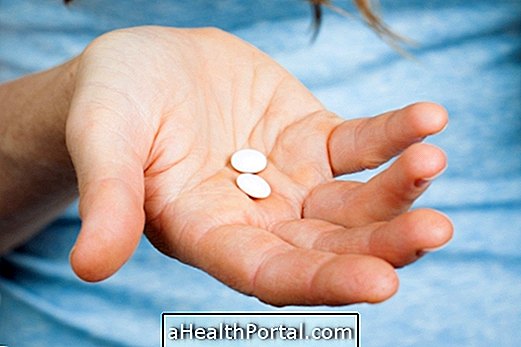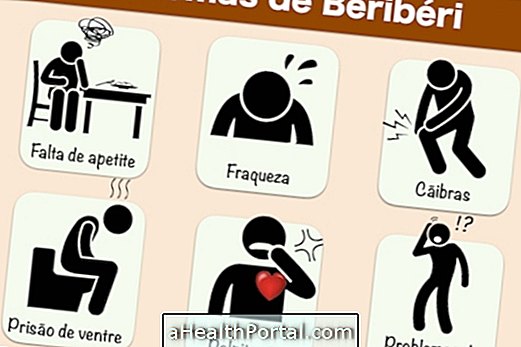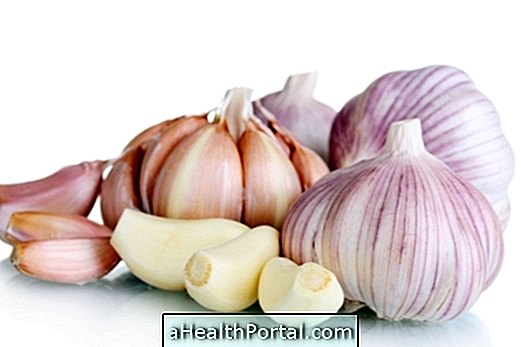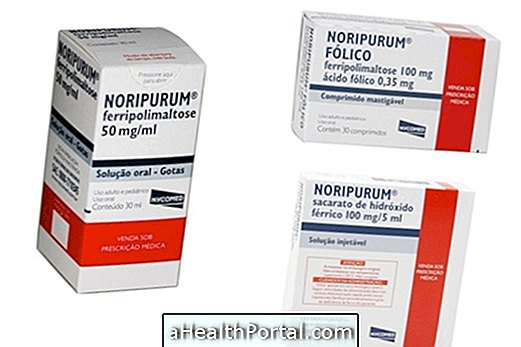Polycystic ovary syndrome is characterized by various cysts within the ovaries due to hormonal imbalance. In these women the concentration of testosterone in the bloodstream is greater than it should and this can bring some complications such as difficulty in getting pregnant.
Symptoms of Polycystic Ovarian Syndrome
Symptoms of polycystic ovary syndrome are:
- weight gain
- appearance of thick unwanted hair on the face and body
- acne
- infertility.
The diagnosis of this syndrome is based on clinical analysis, imaging tests and the results of the following hormonal exams: LH, FSH, prolactin, T3 and T4 and adrenals. Ultrasonography may reveal the presence of cysts.
Treatment for polycystic ovary syndrome
Treatment for this syndrome can be done with the use of contraceptives or others capable of regulating the hormones. For those who are trying to get pregnant, Clomid is a good option.
Learn how feeding can help fight symptoms and ease pregnancy with nutritionist Tatiana Zanin:

Complications of polycystic ovary syndrome
Although this syndrome makes pregnancy difficult, some women can become pregnant. Women with polycystic ovary syndrome are more likely to have a miscarriage than women without the syndrome.
In addition, these women are more likely to develop heart disease, cancer of the uterus and type 2 diabetes. Therefore, even if the woman has no desire to become pregnant, she must undergo treatment for polycystic ovary syndrome to decrease the risk of developing these diseases and their symptoms.
Useful links:
- Treatment for polycystic ovary
- Home remedy for polycystic ovary
- Fertile period in case of polycystic ovary


